The International Court of Justice (ICJ) has opened the door for countries to sue each other over climate change.
In its landmark advisory opinion, the ICJ clarified that countries have a legal duty under international law to protect the environment, not just within their borders, but globally.
This duty goes beyond treaties like the Paris Agreement and includes broader principles of international and human rights law.
- The ICJ ruled that countries have a legal duty to protect the global environment under international law, beyond treaties like the Paris Agreement.
- Countries may be held responsible for climate harm caused by emissions and activities like fossil fuel production and subsidies.
- Though advisory, the ICJ opinion sets a global standard, potentially allowing nations to sue each other over climate change damages.
Counties could sue each other over climate change after an ICJ court ruling
Image credits: ICJ-CIJ/Frank van Beek
The Court confirmed that when countries fail to reduce emissions or support activities that worsen climate change, they may be held responsible for the harm caused to other nations.
While the opinion isn’t legally binding like a court judgment, it does carry significant legal weight.
It sets a global standard that courts and governments can rely on, potentially opening the way for climate-related lawsuits between nations, especially where loss and damage from climate change can be proven.
This marks a significant step toward holding major polluters accountable and reinforces the idea that climate change is not just an environmental issue, but a matter of justice between nations.
Image credits: Klaudia Radecka/NurPhoto via Getty Images
Cambridge University Professor Jorge Viñuales was one of the top legal experts brought in by Vanuatu to help draft the original request to the court.
He explained that the Court ruling will likely be used in courts around the world.
“While the opinion itself does not carry legal force, the legal principles clarified by the Court are binding as part of international law, and the ICJ opinion points overall in the direction of climate justice,” Viñuales said.
“These principles will likely be used in courts the world over.”
The Court found that legal responsibility covers not only greenhouse gas emissions, but also activities that cause those emissions, like producing fossil fuels and giving subsidies that lead to more production and use.
Image credits: Ben Montgomery/Getty Images
States, the Court advised, have a legal obligation to act with due diligence and protect the environment from those emissions.
This includes the obligation under the Paris Agreement on climate change to limit global warming to 1.5°C above pre-industrial levels.
While some developed countries had argued against further legal obligations, citing the Paris Agreement as being enough, the Court ultimately rejected this.
It recognized “that a wide range of obligations of treaty and customary law apply” beyond the Paris Agreement and the United Nations Framework Convention on Climate Change (UNFCCC), Viñuales said.
The ruling has been welcomed by the UN and climate organizations
Image credits: Vuk Valcic/SOPA Images/LightRocket via Getty Images
“The application of the law of State responsibility means that where restitution is not possible, States have an obligation to compensate and, remarkably, the Court recognised that this compensation may be due for loss and damage,” Viñuales added.
“The ICJ has advised that each injured State can act against any State that has breached its obligations and caused injury through climate damage.”
The ruling has been welcomed by the UN and several organizations, including the International Union for Conservation of Nature (IUCN).
UN Secretary-General António Guterres described it as a victory and said the world must respond.
I welcome that the @CIJ_ICJ has just made it very clear: all States are obligated under international law to protect the global climate system.
This is victory for planet, for climate justice, and for the power of young people leading the way.https://t.co/iZoKfw4tLRpic.twitter.com/JkC67t79fO
— António Guterres (@antonioguterres) July 23, 2025
“This is a victory for our planet, for climate justice and for the power of young people to make a difference,” he said.
“IUCN welcomes this important advisory opinion, which strengthens the global legal framework and reinforces the urgent imperative to limit warming to 1.5 °C,” Dr Grethel Aguilar, IUCN Director General, said.
“IUCN has been actively engaged at every stage of these historical proceedings and congratulates the ICJ on this key decision that will shape the future of our planet.
“Climate change is not only a crisis of rising temperatures; it is a crisis for both humanity and nature with profound implications for human rights.
“By undermining ecosystems, climate change weakens the life-support systems upon which people’s rights to life, health, food, water, and culture depend.”
Image credits: Erik McGregor/LightRocket via Getty Images
“As the global authority on the state of nature, IUCN urges all States to strengthen their commitments — recognising that protecting nature is not just part of the solution, it is essential to delivering climate justice and safeguarding our collective future.”
The case came after Vanuatu, an archipelago in the South Pacific Ocean, sought an advisory opinion from the court in September 2021 on climate change.
It was inspired by the youth group Pacific Island Students Fighting Climate Change, which underscored the need to act to address climate change, particularly in small island states.
Following extensive diplomatic efforts to rally support among UN member states, the country successfully led the General Assembly to adopt a resolution on March 29, 2023.
This resolution sought an advisory opinion from the ICJ on two key issues:
The responsibilities of states under international law to safeguard the environment.
The legal implications for states that fail to uphold these responsibilities and cause environmental harm.
It was the largest case ever seen by the ICJ, with an unprecedented 91 written statements submitted and the participation of 97 states in the oral proceedings.


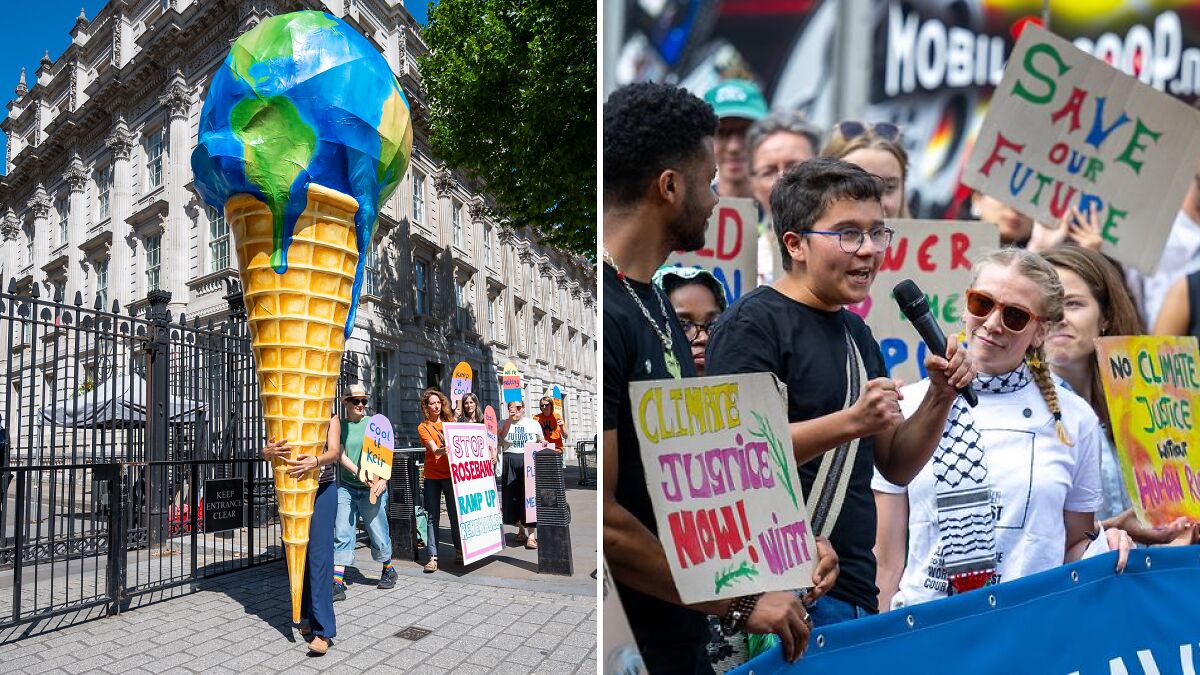
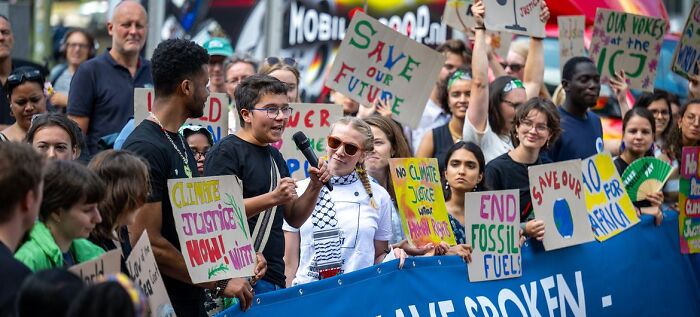
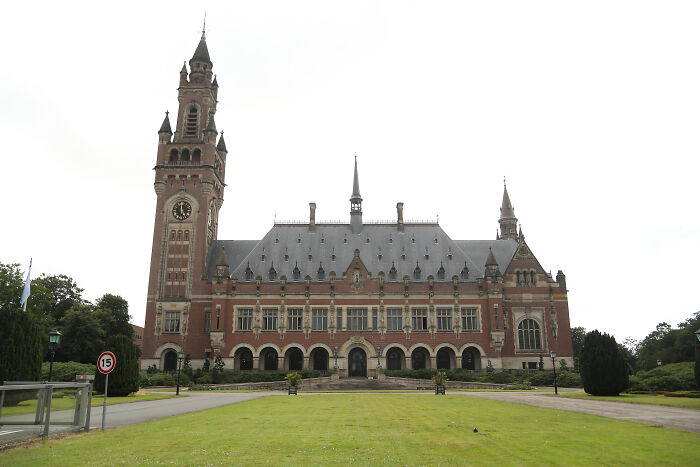
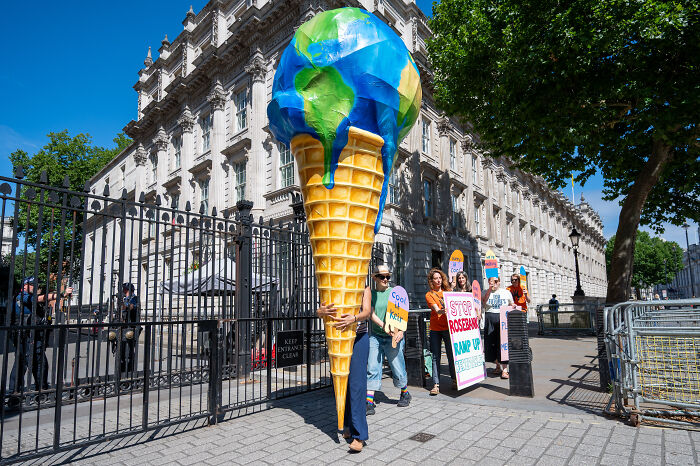
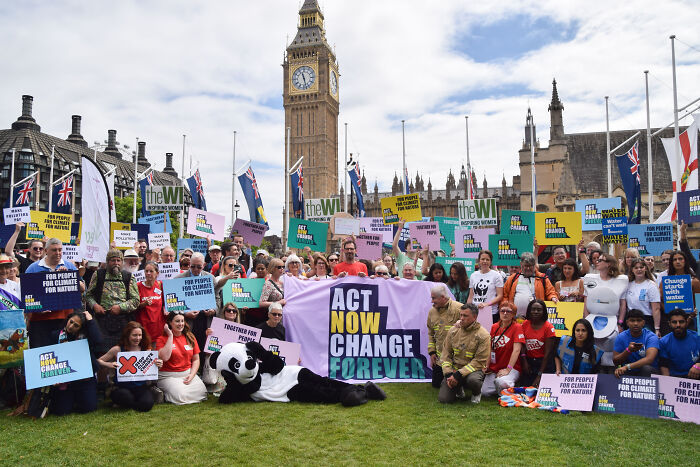
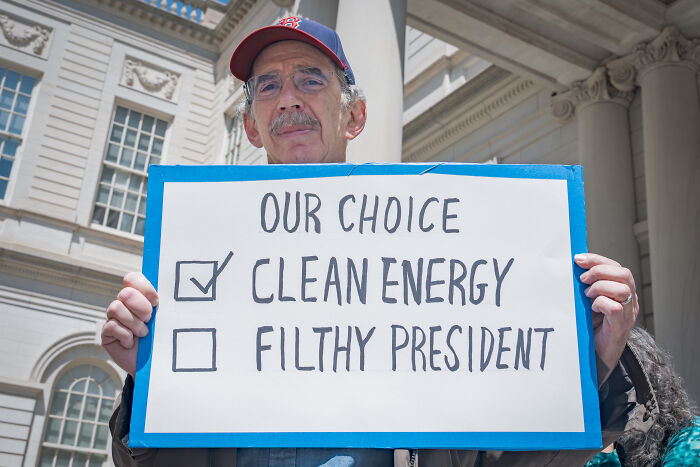



15
0